Want to Become a Scientist for Climate Change? Here’s How You Can Help Researchers
For the researchers, these citizens are a pool of resources that have their eyes and ears everywhere. They can ensure that a lot of data is gathered from various locations in one particular time frame.

Up in the West Khasi Hills district of Meghalaya lives 10-year-old Rudolf Nonglait. Once every week, he stops at a particular Himalayan cherry tree on his way home. He observes the tree for about 5-10 minutes before moving along.
This peculiar habit of Rudolf’s will help study climate change. No, seriously.
Rudolf is a citizen scientist for Season Watch—a programme that involves citizens from across India to participate in studies about climate change.
“Season Watch is an India-wide program that studies the changing seasons by monitoring the seasonal cycles of flowering, fruiting and leaf-blush of common trees.
Anyone—children or adults, who are interested in trees and the rapidly changing climate can participate,” said the programme authorities.
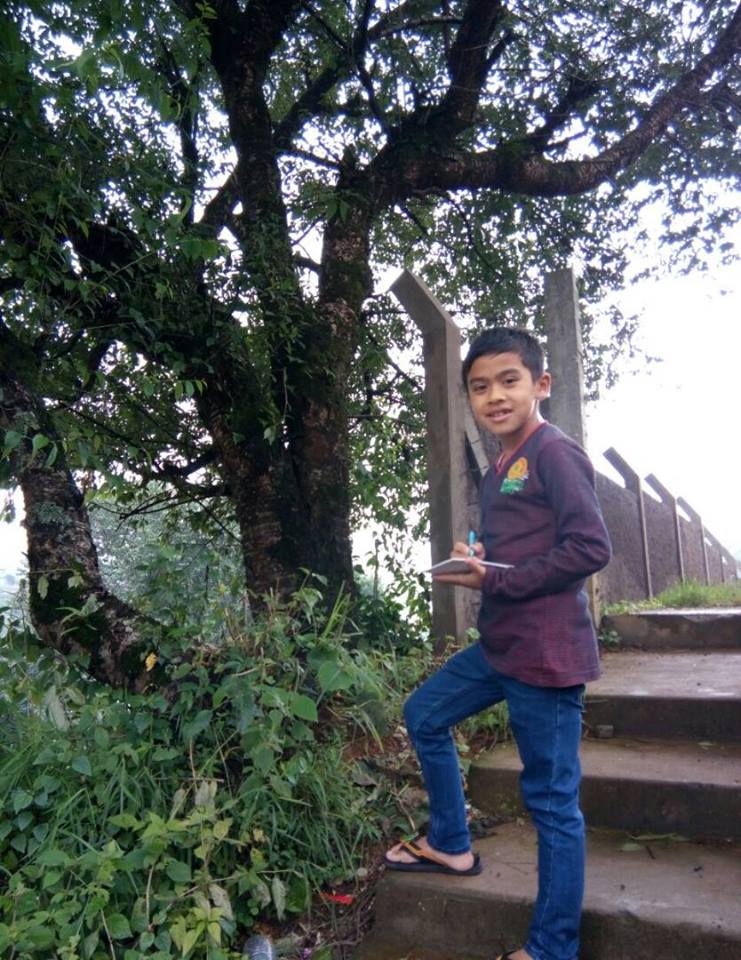
Season Watch is not the only organisation in India undertaking such programmes. Citizen scientists have been “recruited” all across the country, for a diverse range of studies.
For the researchers, these citizens are a pool of resources that have their eyes and ears everywhere. They can ensure that a lot of data is gathered from various locations in one particular time frame. For studies like climate change, it is an all-round collection of data.
For citizens, it gives a platform to contribute to ecological studies although they might not be trained in that field.
Suhel Quader, who started Season Watch in India, spoke to the Hindustan Times about involving citizens in scientific research.
“From a research perspective, in a project where it is important to understand what is happening over a vast area—an entire state, or the whole country—the best approach is to work with a large number of interested and enthusiastic citizens,” he said.
You can also be a part of these studies. Read further to know what kind of citizen scientist initiatives are active in India:
1. Aim for the stars, even you fail, you might help discover a galaxy!
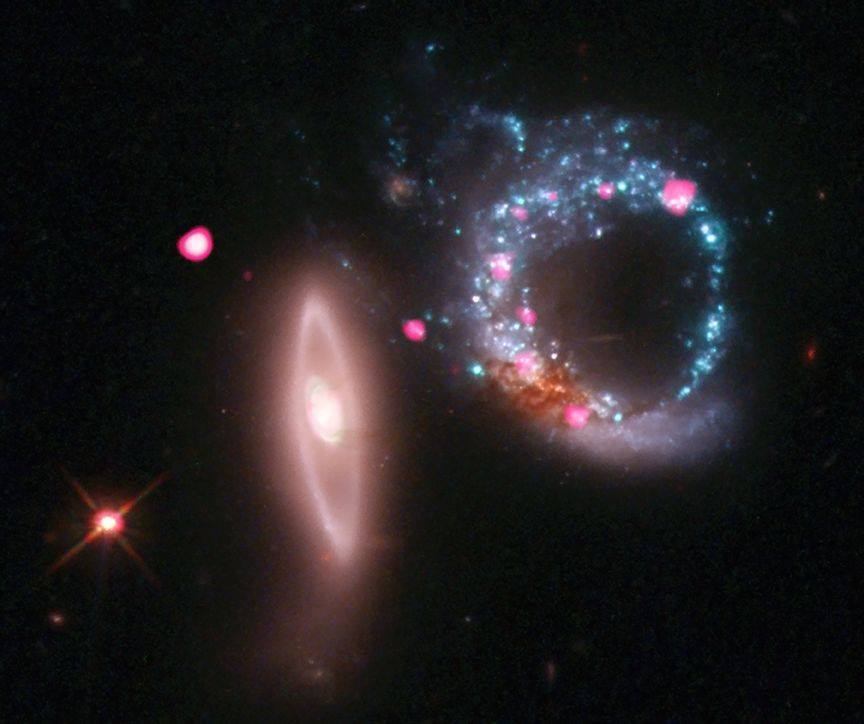
One of the greatest pleasures in an area without light pollution is to simply look up at the sky, at the thousands of twinkling stars.
How about utilising this perfect sighting for astronomical researchers? RAD@home Astronomy Collaboratory is an astronomy group on Facebook that trains science undergraduates and graduates to be e-astronomers so that they can discover exotic black hole-galaxy systems in the Universe.
The motto of this Nation-wide Inter-University Collaboration of 100+ trained citizen-scientists is that any BSc/BE student can do research (#ABCDresearch) using the GMRT telescope sitting at home anywhere in India by joining RAD@home for free.
“By participating in this nation-wide research network, you can boost the research productivity of Indian scientists by making discoveries with the Giant Meterwave Radio Telescope (GMRT)—an Indian radio telescope—the largest [of] such radio telescopes in the world,” says Dr Ananda Hota, the Director and Principal Investigator of the Collaboratory, who is a faculty member of the UM-DAE Centre for Excellence in Basic Sciences, which is located in Mumbai.
Dr Hota is well known for his international news-making discoveries of the exotic galaxy ‘Speca’ and Cosmic Leaf Blower Galaxy.
2. Climate change will show its presence around you, slowly and steadily.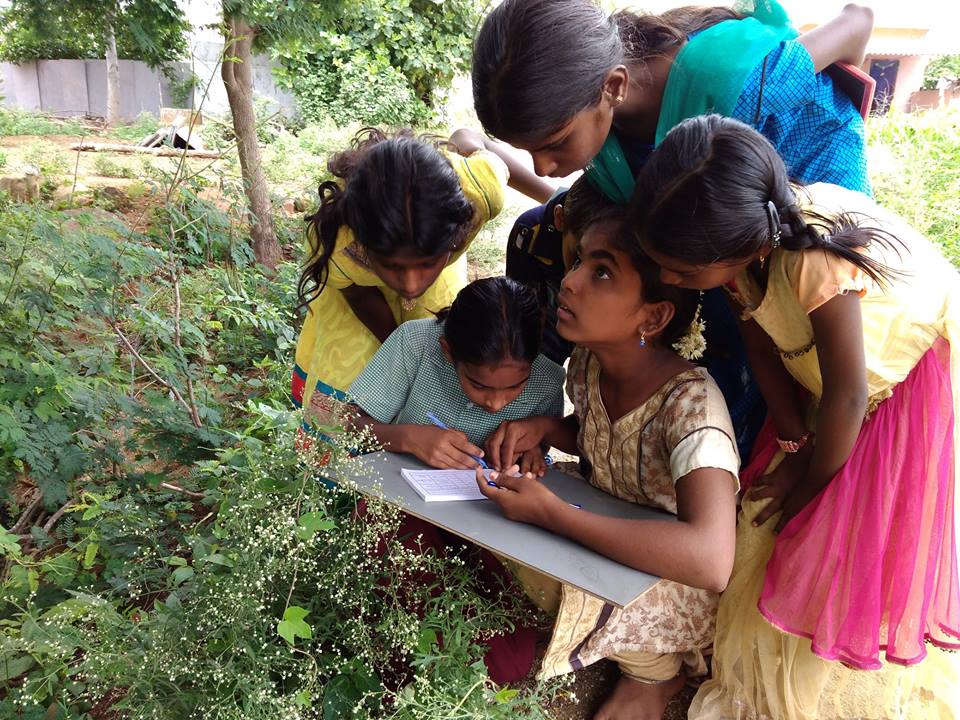
Season Watch, launched in India in 2010, calls out to all citizens of India to invest a few minutes every week to observe climate change. They have partnered with many individuals and schools to monitor particular trees in their neighbourhood.
You can be a citizen scientist by opening an account on their website and get to work. All you have to do is select a particular tree and give it a few minutes every week. You can upload this information to your account, which will be used as a data source to study how climate is changing.
3. Fast animals, faster cars.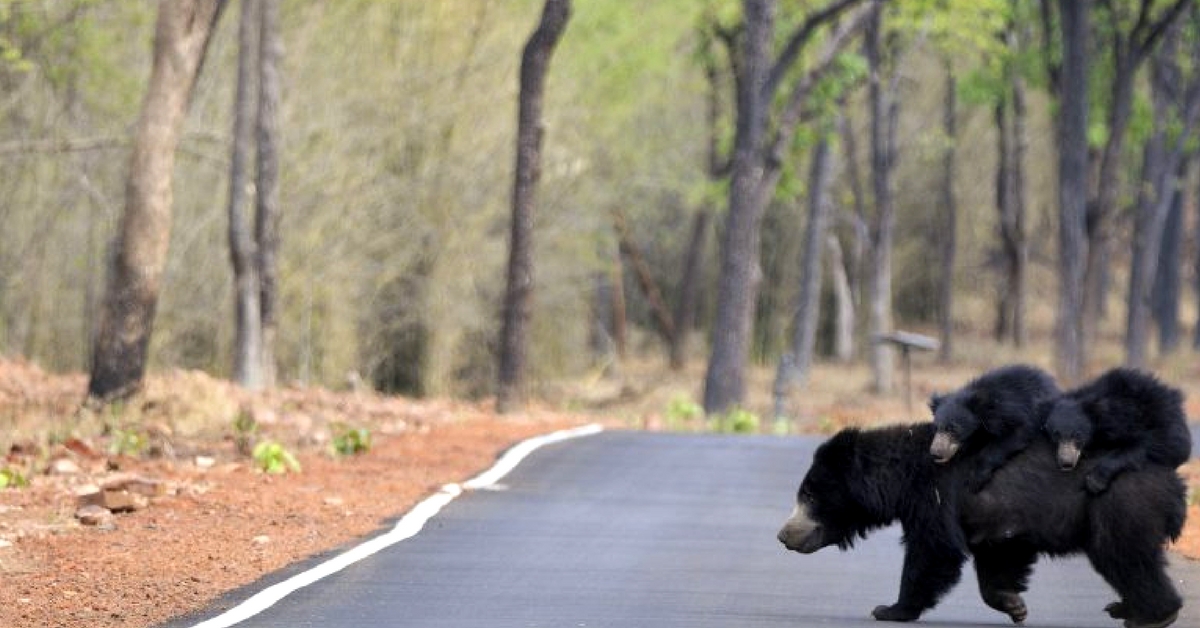
Have you ever been on a road trip and seen animals or birds lying dead on the road? Road Watch aims to map out these road kills to study how wildlife is affected by fast-moving traffic in India.
“Road accidents involving wildlife is emerging as a major cause of wildlife deaths in India affecting thousands of animals,” says Road Watch. “Associated with the fragmentation effects of roads, casualties can result in population declines, inbreeding and local extinctions of wildlife.”
You can join the cause by downloading their app or joining their Facebook page. You can be of special help to the cause if you are a traveller and spend more days on the road than at home. Even if you are not, remember that every report counts!
4. Taking away land from under the animals’ legs.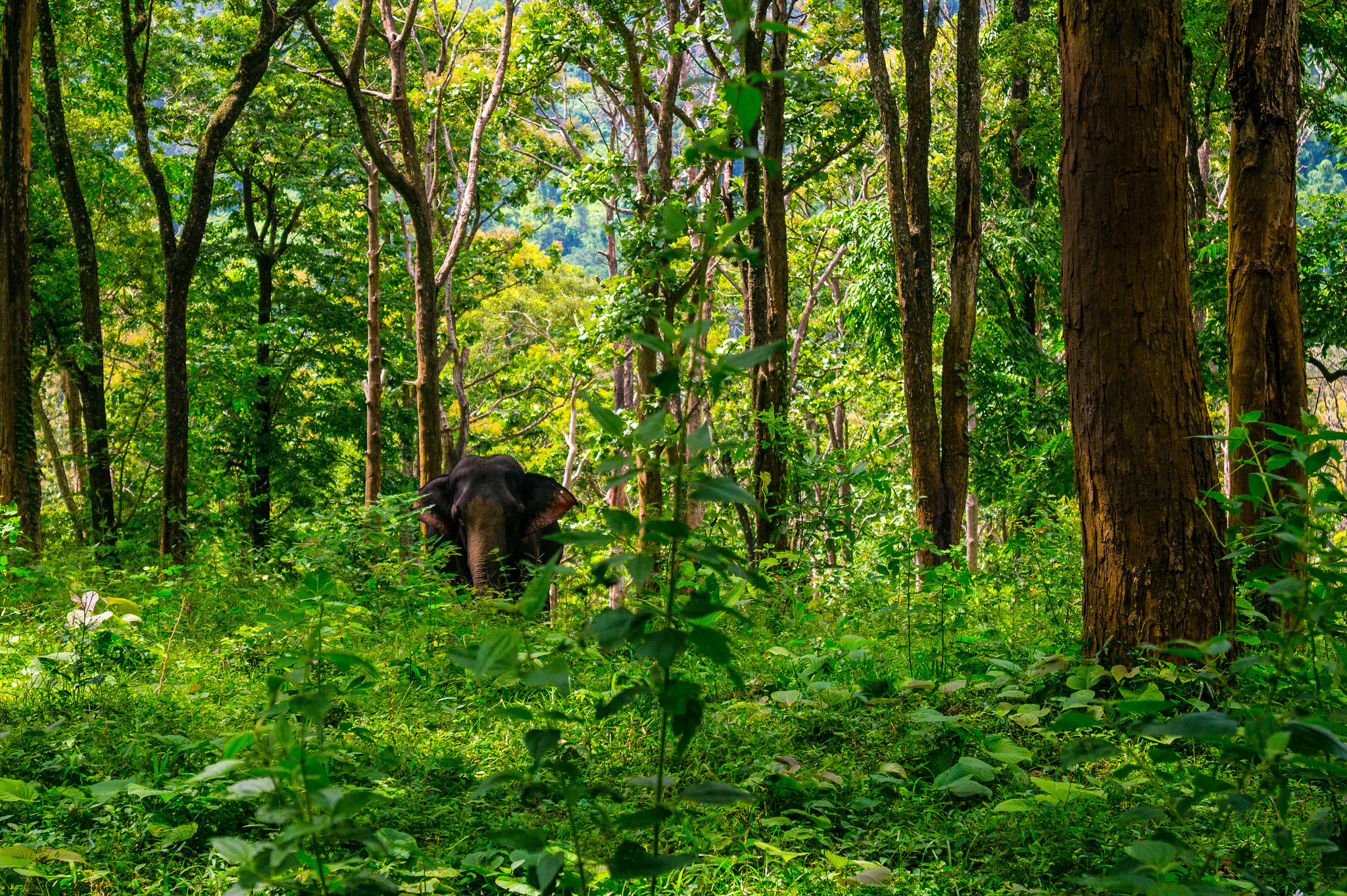
Bio Atlas India conducts National Centre for Biological Science (NCBS) Marathons in India to bring together scientists and citizens who can help them collect data.
You may also like: Bengaluru Apartments, You Can Now Get Science Lectures For Free Right In Your Home!
“These are biodiversity information data marathons (no actual running involved!) that link scientists, naturalists, photographers and other citizens who study, observe, photograph and care about nature and biodiversity, and who want to help generate biodiversity information in India. This feeds into the Biodiversity Atlas—India’s family of natural history websites that serve a powerful platform for citizen-contributed information on Indian biodiversity,” says BioAtlas.
Are you interested in reporting about the wildlife around you to scientists? Be a citizen scientist for NCBS Biodiversity Marathons by contacting them at [email protected] or connect with them on their Facebook page.
(Edited by Gayatri Mishra)
Featured image for representational purpose. Source.
Like this story? Or have something to share?
Write to us: [email protected]
Connect with us on Facebook and Twitter.
NEW: Click here to get positive news on WhatsApp!
This story made me
- 97
- 121
- 89
- 167
Tell Us More
We bring stories straight from the heart of India, to inspire millions and create a wave of impact. Our positive movement is growing bigger everyday, and we would love for you to join it.
Please contribute whatever you can, every little penny helps our team in bringing you more stories that support dreams and spread hope.



















